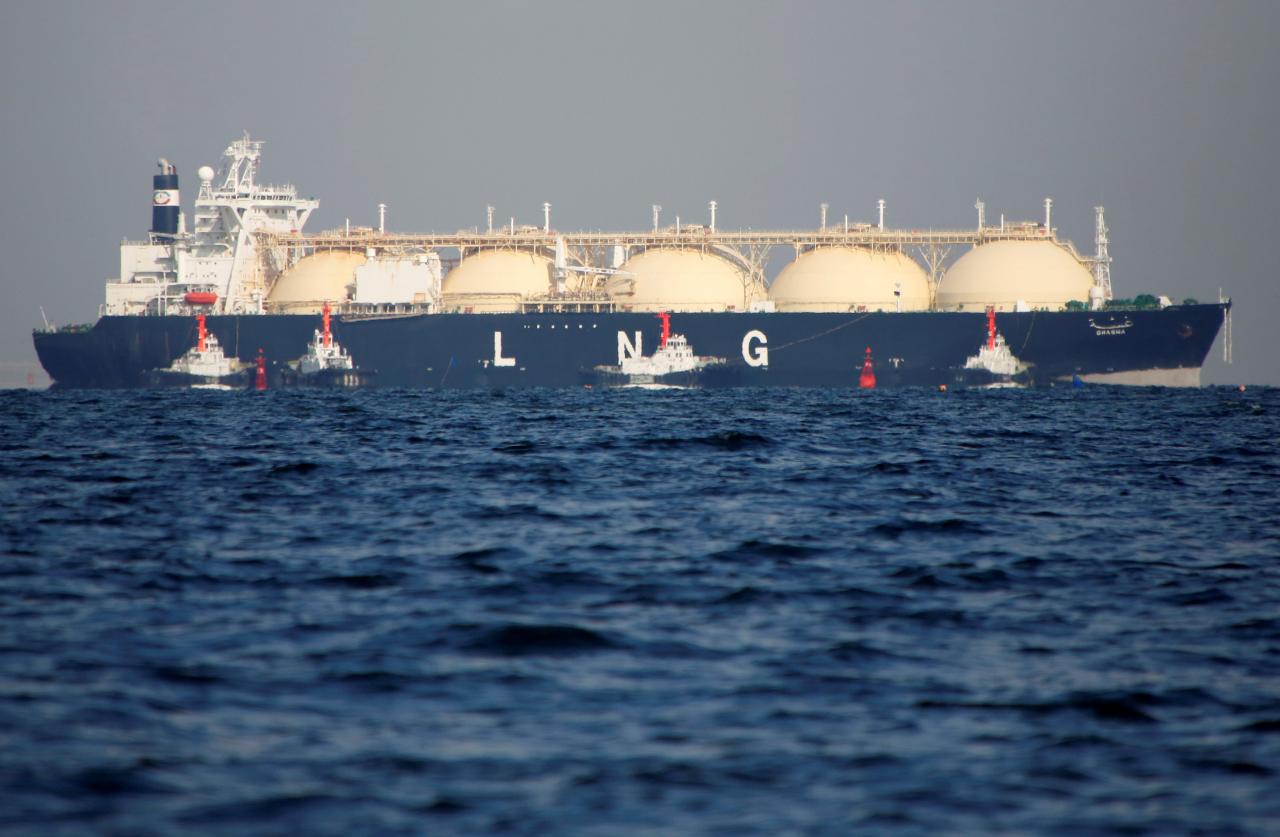
The move came after the Ministry of Maritime Affairs approached the government for invoking the extreme urgency clause under Rule 42(d) for the award of contract on negotiated tendering. The scrapping of the clause could have allowed the ministry to give contract to one company, but the Public Procurement Regulatory Authority (PPRA) opposed its abolition, saying that energy crisis was not an unsolvable event for which extreme urgency could be invoked.
According to officials, the federal cabinet, in a meeting chaired by Prime Minister Imran Khan on July 9, took up the matter and discussed recommendations of the Economic Coordination Committee (ECC) for establishing the third offshore LNG terminal on build, operate and transfer (BOT) basis at Port Qasim in order to overcome LNG shortage in future.
The ECC had proposed the grant of exemption from PPRA rules and permitting one company to participate in bidding for the LNG terminal. However, the officials said cabinet members opposed the exemption and argued that the process should be transparent. They were of the view that all five companies interested in setting up the third LNG terminal should be allowed to participate in the bidding process.
Ignoring cheaper offer, ECC goes for Qatar LNG
Earlier, in its presentation to the ECC, the Ministry of Maritime Affairs pointed to the urgency of setting up the third LNG terminal in order to bridge gas shortfall in the years ahead.
In order to expedite the process, the committee approved resolutions of the Port Qasim Authority (PQA) board and exempted the authority from public tendering for the hiring of legal consultants.
The committee also approved the resolution that allowed amendment to the PQA master plan for accommodating the third LNG terminal.
However, during the meeting, the Communications Division secretary pointed out that it was not the ECC's mandate to deal with cases of exemption from PPRA Rules 2004. The cabinet secretary, however, told the meeting that under SRO 719(I)/2011 of July 18, 2011, the ECC considered a case of exemption under Rule 5 of PPRA Rules 2004 after undertaking due consultations with the stakeholders concerned.
The Planning, Development and Reform Division additional secretary backed views of the Communications Division secretary, stating that it was the responsibility of the procuring agency to meet all formalities required under prescribed rules.
PPRA authorities also argued that the PQA resolutions did not meet the conditions and criteria laid down in Rule 42(d) of PPRA Rules 2004. They also drew attention to a decision of the Supreme Court in a human rights case. In the case, the court declared "thus, in presence of PPRA rules, it was incumbent upon the minister and the secretary water and power as well as other functionaries not to have put up such a case before the ECC in violation of the PPRA rules."
As per the PPRA regulatory framework, the ECC is empowered to proceed only in case of federal government commitment with the state or states up to the extent of conflict with PPRA rules.
Published in The Express Tribune, July 13th, 2019.
Like Business on Facebook, follow @TribuneBiz on Twitter to stay informed and join in the conversation.





1719053250-0/BeFunky-collage-(5)1719053250-0-270x192.webp)











COMMENTS
Comments are moderated and generally will be posted if they are on-topic and not abusive.
For more information, please see our Comments FAQ